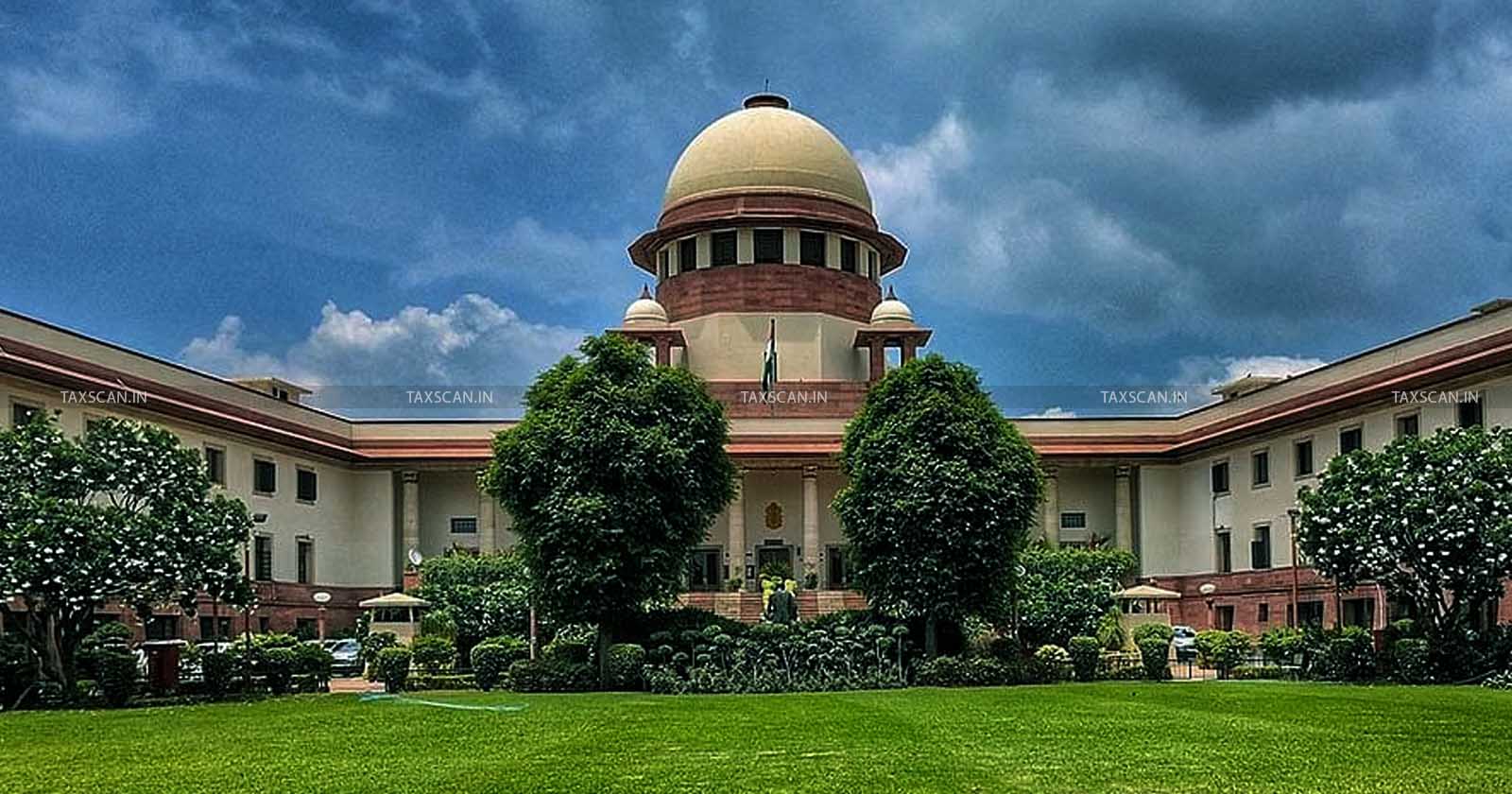Breach of Law in All Cases Does Not Lead to Public Disorder: Supreme Court on Test of Legality of Preventive Detention [Read Judgment]
The Court revisited the difference between ‘law and order’ and ‘public order’ and directed for the release of the detenu.

Breach of Law in All Cases – Public Disorder – Supreme Court on Test of Legality of Preventive Detention – TAXSCAN
Breach of Law in All Cases – Public Disorder – Supreme Court on Test of Legality of Preventive Detention – TAXSCAN
The Supreme Court of India has observed that a breach of law in all cases does not lead to public disorder. The two-judge bench observed the test of the legality of preventive detention in a petition challenging the detention under the Telangana Preventive Detention Act, 1986.
Ameena Begum, the petitioner challenged the judgment and order of the High Court for the State of Telangana (“High Court”). By which the writ petition instituted by the appellant seeking a writ of habeas corpus was dismissed and the order of detention (“Detention Order”) of the appellant’s husband (“Detenu”) was upheld.
The Commissioner of Police passed the Detention Order against the Detenu under the provisions of section 3(2) of the Telangana Prevention of Dangerous Activities of Bootleggers, Dacoits, Drug-Offenders, Goondas, Immoral Traffic Offenders, Land Grabbers, Spurious Seed Offenders, Insecticide Offenders, Fertiliser Offenders, Food Adulteration Offenders, Fake Document Offenders, Scheduled Commodities Offenders, Forest Offenders, Gaming Offenders, Sexual Offenders, Explosive Substances Offenders, Arms Offenders, Cyber Crime Offenders and White Collar or Financial Offenders Act 1986 (“the Act”).
The Detenu earlier suffered an order of detention dated 4th March 2021 under the category of “White Collar Offender”; however, under an order of the High Court, the Detenu was released from detention on 17th August 2021.
The appellant submitted a representation dated 29th March, 2023 in terms of section 10 of the Act raising several grounds and seeking revocation of the Detention Order. Such representation was placed before the Advisory Board constituted under section 9 of the Act. The Advisory Board vide a report dated 29th April 2023 opined that “there is sufficient cause for the detention of the detenu …”, whereupon the Government issued an order dated 20th May 2023 under sub-section (1) of section 12 read with section 13 of the Act confirming the Detention Order and directing that the detention be continued for 12 months from the date of detention, i.e., 27th January 2023 (sic, 27th March 2023).
Mr. Luthra, senior counsel for the appellant demonstrated the errors from which the same suffered, both factual as well as legal. He also placed on record written notes containing submissions on factual as well as legal aspects.
Per contra, Mr Dave, senior counsel for the respondents urged that notwithstanding Mr Luthra’s attempt to prick holes in the impugned judgment of the High Court, what is to be seen and read is the order of detention passed under section 3 and once read, it becomes clear that the ultimate conclusion recorded in the impugned judgment is defensible based on the grounds for detention as assigned by the Commissioner in his order dated 24th March 2023 and the order dated 20th May 2023 of the Government.
The bench of Justice Dipankar Datta and Justice Surya Kant observed that a breach of law in all cases does not lead to public disorder. The bench referred to the decision of the Constitution Bench of the Court in Ram Manohar Lohia vs. the State of Bihar, where the difference between “law and order” and “public order”
It was observed that just as ‘public order’ was said to comprehend disorders of less gravity than those affecting ‘security of State’, ‘law and order’ also comprehends disorders of less gravity than those affecting ‘public order’. One has to imagine three concentric circles.
The court held that the activities attributed to the appellant’s husband as such cannot be branded as prejudicial to the maintenance of public order. And quashed the Detention Order and the impugned judgment.
To Read the full text of the Order CLICK HERE
Support our journalism by subscribing to Taxscan premium. Follow us on Telegram for quick updates


